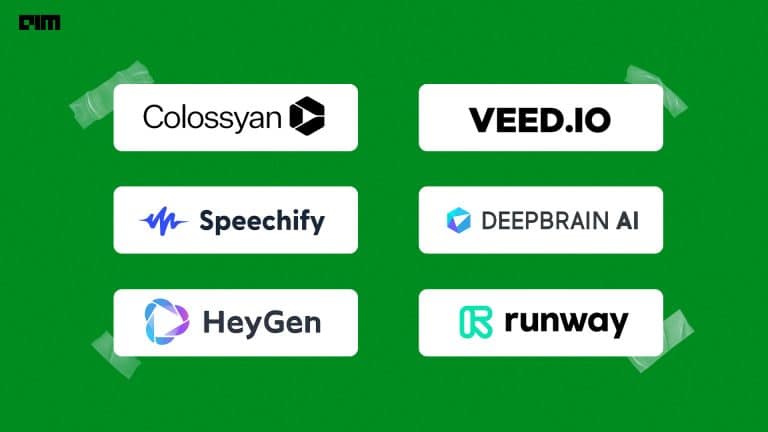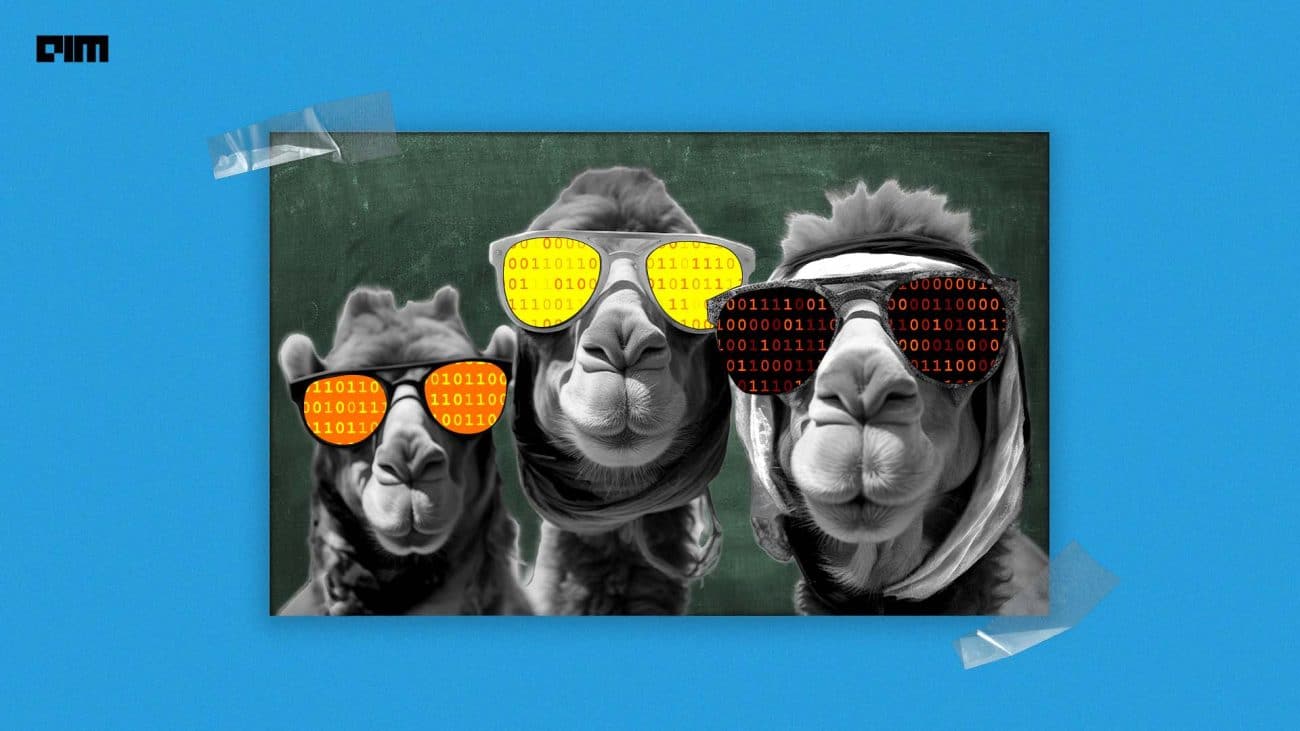|
Listen to this story
|
A generative AI revolution seems to be brewing in the gaming world, an industry that has always been ahead of the curve when it comes to adopting new technologies. To illustrate, Unity, a top game engine, recently announced an AI marketplace that could revolutionise the way studios make games. Through this marketplace, game developers can gain access to generative AI solutions that will accelerate certain parts of their workflow.
Other players aren’t sitting idly by. Unreal Engine announced it would be integrating generative AI into its workflows and NVIDIA recently released ACE, a generative AI service that aims to bring intelligence to NPCs. However, Unity’s marketplace, coupled with its Sentis and Muse platforms, brings genAI to all facets of game development, realising its potential in one of the fastest-evolving tech fields.
From making more believable non-playing characters and generating game assets with the click of a button, to creating whole 3D worlds with a single prompt, generative AI holds the potential to change how games are developed forever.
A new revolution in game development
Unity’s AI marketplace is the biggest announcement in generative AI for gaming yet. Other products like NVIDIA ACE and Inworld AI only tackle a small part of game development, while Unity’s marketplace handles many more aspects of the process. Along with the recently-launched Unity Sentis and Muse generative platforms, this marketplace fleshes out Unity’s genAI capabilities.
Unity Muse allows game developers to harness AI-driven assistance during their workflows, such as real-time 3D creation for digital twins. It also includes a chatbot called Muse Chat, which will eventually allow devs to create textures and even animate a character using prompts. Sentis, on the other hand, directly integrates neural networks into the game engine. This cross-platform tool will allow developers to run AI models on the edge, and integrate it with various aspects of the game.
The marketplace completes Unity’s tri-tipped AI strategy, offering pre-created AI solutions to accelerate certain game development workflows. At launch, the platform included some big names like Inworld AI, Polyhive, LMNT, and Atlas, which brought a host of AI-powered improvements to all aspects of the development process.
The marketplace offerings can be split into three main categories — asset creation, NPC platforms, and voice generators. These three categories are representative of the larger use-cases of generative AI in gaming. In addition to these, another interesting trend we are seeing emerge is the rise of game developer tooling powered by AI.
Take modl.ai for example, one of the offerings on Unity Marketplace. This AI engine tries to improve game testing workflows by automating coverage for devs, including by managing service report errors, events, and crashes in one platform. These kind of vertical-focused AI tools are yet to be created, as a majority of studios are still using general-purpose tools. Moreover, industry experts believe that generative AI has the potential to completely change the way games are made. John Riccitiello, the CEO of Unity, said in an interview, “I think this is 10x the potential transformation because I don’t think anybody looks at their games and thinks of them as real worlds. we’re about to find out what happens when we make these worlds fully alive in terms of how it feels to the player.”
It seems that the industry is also moving towards this trend, notwithstanding the current hype around generative AI. Even as the world continues to hype up the field, game developers are finding actual use-cases for the technology.
More than just hype
A study conducted by a16z games, an arm of the VC giant Andreeseen Horowitz, shed some light on the state of generative AI in game development today. Drawing on their network of 243 independent game studios, a16z’s survey found that a whopping 87% of studios are already using generative AI, with 99% stating that they plan to do so in the future.
It also seems like generative AI can bring optimisations to both big and small studios. Troy Kirwin, a games investor at a16z, said in a tweet, “AI allows small teams of creators to build games previously only achievable at AAA budgets. Meanwhile, large studios are chomping at the bit to find any way to accelerate production timelines cheaply.”
Another interesting trend found by the survey is that 64% of studios plan to fine-tune and train their own models in-house. There have already been whispers of game studios doing so, such as Ubisoft’s in-house GenAI tool called ‘Ghostwriter’ for writing NPC dialogue. Roblox has also expressed its enthusiasm in helping its user-generated content grow by using generative AI.
This newfound interest seems to have come from a larger focus on vertically optimised tooling for game development. While a majority of studios are currently using general purpose tools, like ChatGPT, Midjourney, Stable Diffusion, and GitHub Copilot, the launch of tooling by established players like Unity, NVIDIA, and Unreal Engine will catapult generative AI into complete adoption by game studios.

Generative AI is rapidly changing the way games are being developed. Some fundamental ways it will have a transformational impact in the coming decade:
- Faster and more efficient game development: Generative AI can automate many of the time-consuming tasks involved in game development, such as creating assets, generating levels, and writing dialogue. This can free up game developers to focus on more creative and strategic aspects of the development process.
- More realistic and immersive games: Generative AI can create more realistic and immersive game environments and characters. For example, you can create photorealistic textures, generate realistic physics simulations, and create AI-powered NPCs that can interact with players more naturally.
- More personalized and engaging games: Generative AI can create games that are more personalized and engaging for each player. For example, you can generate levels personalized to each player’s skill level or interests or create AI-powered opponents that adapt to each player’s playstyle. It can help develop game characters, including their appearance, clothing, and accessories. This will help to create more believable and engaging game characters.
- New and innovative game genres. Generative AI is opening up new possibilities for game development, making it possible to create unique and creative game genres that were impossible before. For example, you can create games based on player-generated content or to create constantly evolving and changing games.
Overall, generative AI is having a major impact on the game development industry. It is making games faster, more realistic, and more immersive, and it is opening up new possibilities for game development. As generative AI technology continues to develop, it is likely to have an even greater impact on the gaming industry in the years to come.



















































































